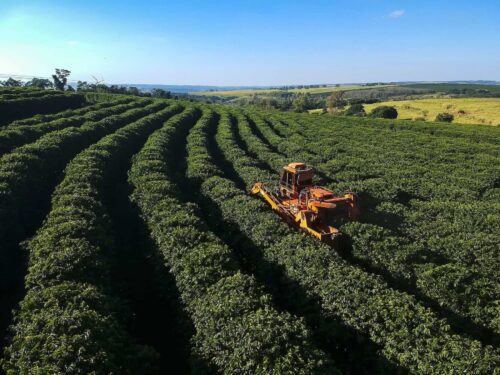Renewable ammonia prices are now cost-competitive with fossil ammonia in some regions
There is a clear need for bold, early action with effective levers to overcome the challenges and bring this opportunity to reality. This brief highlights five key areas for action that can be taken immediately:
- Strategic vision: Build a coordinated vision and roadmap for fertilizer decarbonization that aligns agricultural productivity with Brazil’s net-zero goals.
- Policy alignment: Harmonize policies and develop clear definitions, targets, and incentives for low-carbon fertilizers within Brazil’s national frameworks.
- Investment mobilization: Reduce capital costs and de-risk projects through blended finance and long-term offtake mechanisms.
- Infrastructure expansion: Improve energy infrastructure connectivity to enable lower-cost green hydrogen and biomethane integration.
- Demand activation: Build demand-activation mechanisms to ensure value recognition and create coordinated demand expectations from buyers.
Deliberate policy, investment, and market coordination will allow Brazil to transition from a fertilizer importer to a global leader in sustainable fertilizer production, and to drive economic growth and price stability for farmers into the future.
This report was written with support from Sequoia Foundation. Views reflect those of the authors and not necessarily those of the supporting organization.
